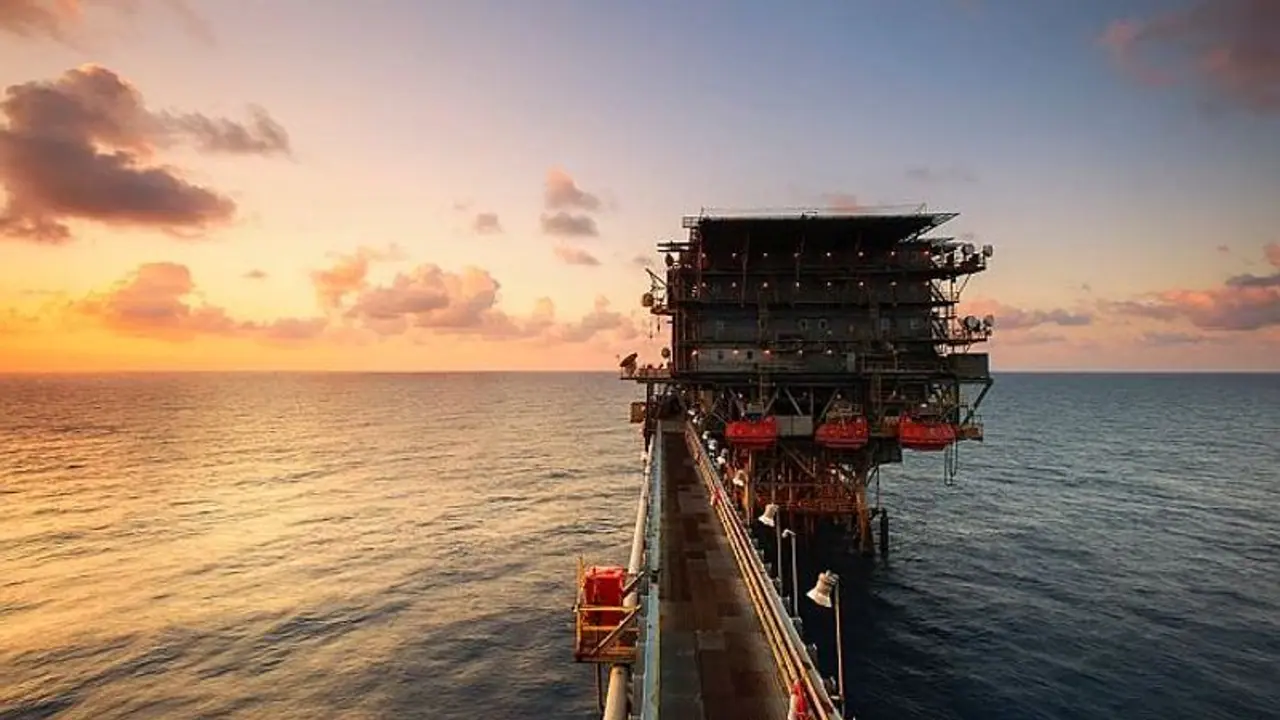Among the countries that have straight away put sanction on Russia are the United States, the UK, Australia and Canada.
New Delhi: Days after the United States threatened India not to buy oil at the discounted prices from Russia, the Joe Biden administration has ramped its strategic oil reserve by 43 per cent or one lakh barrels a day over the last week.

The United States have also been asking its allies in Europe to stop buying oil and gas from Moscow amidst Ukrainian crisis.
The Biden administration had also stated that the development could expose New Delhi to a great risk. However, the Narendra Modi government defied any dictate from the US and went ahead with purchasing oil from Moscow.
Among the countries that have straight away put sanction on Russia are the United States, the UK, Australia and Canada.
The European Union seems to be divided over the issue. Among the 27 members European Union, Germany and Hungary have been opposing any bans in one go.
Let’s know about the countries’ current position on oil imports from Russia:
Germany: A day ago, Germany said that it is 'not possible' for now to cut Russian gas supply. “We need some time,” German finance minister Christian Lindner said, adding that the European Union would not be able to function without Russian gas supplies.
He had also warned that the sanction would be more detrimental to the European Union than to Russia.
As per the data, Russia supplies 55 per cent of natural gas, 35 per cent of crude oil and 45 per cent of coal to Germany.
Germany had maintained that it aimed to reduce dependency on Russia for oil, gas and coal imports by the end of this year.
United States: Russian Security Council deputy secretary Mikhail Popov stated that the US has enhanced Russian oil imports by roughly 43 per cent.
As per the US Energy Information Administration some crude oil imports from Russia may still appear in the coming weeks as shipments are delivered from waterborne cargoes that were in transit before the import ban became effective.
India and China: The two Himalayan giants have refused to condemn the Russia’s military action against Ukraine and they continue to buy crude oil from Moscow.
Since February, India has bought around 13 million barrels of Russian crude oil amidst the Putin administration provided discounted prices.
Greece: Its oil refiner has been importing 15 per cent of its requirement of oil from Moscow. For additional supplies, they are in talks with Saudi Arabia.
Hungary: The country which is against the sanction continues to buy Russian crude via Druzhba pipeline.
Bulgaria: A Bulgarian refinery, continues to import 60 per cent of its intake, from Russia.
Indonesia: Indonesia is mulling to buy crude oil from Moscow as it seeks oil for a newly revamped refinery.
Poland: Its refiner has stopped purchasing crude oil from Moscow on the spot market, but is still buying Urals under previously signed contracts which expires by the end of this year.
France: France will stop buying oil and petroleum products by end of this year and would also not renew the contract.
Sweden: It has stopped new order that accounted for 7 per cent. It has switched to North Sea barrels.
Finland: The Finnish refiner has contract with Russia till 2022 end. The country has not been making any new supply deal.
Spain: It has stopped buying crude oil in the spot market.
Switzerland: The Swiss refiner will not enter into new deal for crude oil from Russia.
Norway: The country’s refiner has stopped trading Russian oil.
After the United States and Saudi Arabia, Russia is the largest crude oil producer in the world. The countries around the globe are of the view that following the US sanctions on Moscow would lead to high inflation and recession in their respective countries.
